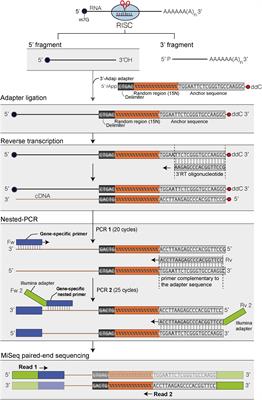CORRECTION
Published on 11 Oct 2019
Corrigendum: A Role of U12 Intron in Proper Pre-mRNA Splicing of Plant Cap Binding Protein 20 Genes
doi 10.3389/fpls.2019.01287
- 890 views
23k
Total downloads
95k
Total views and downloads
You will be redirected to our submission process.
CORRECTION
Published on 11 Oct 2019
EDITORIAL
Published on 09 Jul 2019
ORIGINAL RESEARCH
Published on 28 Feb 2019

ORIGINAL RESEARCH
Published on 06 Nov 2018

ORIGINAL RESEARCH
Published on 09 Oct 2018

ORIGINAL RESEARCH
Published on 04 Oct 2018

ORIGINAL RESEARCH
Published on 21 Aug 2018

MINI REVIEW
Published on 15 Aug 2018

ORIGINAL RESEARCH
Published on 10 Aug 2018

REVIEW
Published on 26 Jul 2018

ORIGINAL RESEARCH
Published on 17 Jul 2018

MINI REVIEW
Published on 05 Jun 2018

